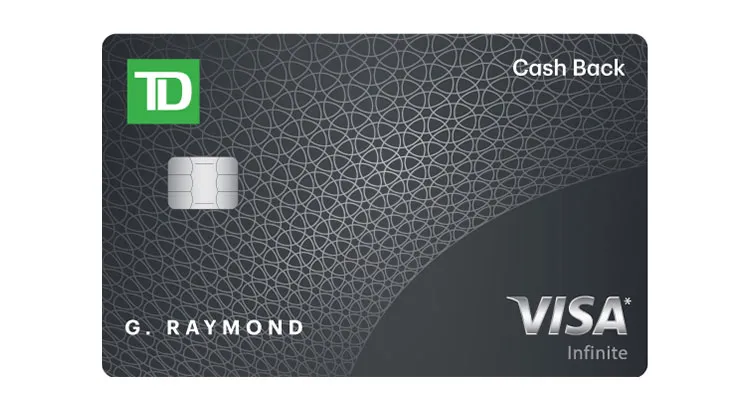How to Finance a Car: A Comprehensive Guide

Buying a car is a significant financial decision, and for most people, it involves securing financing to make the purchase.
Understanding the various financing options and how to navigate the process can help you make an informed decision that aligns with your financial goals.
This comprehensive guide will cover everything you need to know about car financing, from understanding your options to finalizing the deal.
Understanding Car Financing Options
1. Dealer Financing
Dealer financing involves securing a loan directly through the car dealership. Dealers often work with multiple lenders to offer competitive rates. Here are the pros and cons:
Pros:
- Convenience: Everything is handled in one place.
- Special promotions: Dealers may offer promotional interest rates or incentives.
Cons:
- Potential for higher rates: Dealers might mark up interest rates for extra profit.
- Limited options: You may not get the best terms compared to other lenders.
2. Bank or Credit Union Loans
Securing a loan from a bank or credit union before visiting the dealership can give you more control and potentially better terms.
Pros:
- Competitive rates: Banks and credit unions often offer lower interest rates.
- Flexibility: You can negotiate as a cash buyer at the dealership.
Cons:
- Separate process: Requires more time and effort to arrange financing independently.
- Limited to members: Credit union loans may be available only to members.
3. Online Lenders
Online lenders have become increasingly popular for car financing, offering a straightforward application process and quick approval times.
Pros:
- Convenience: Apply and get approved from the comfort of your home.
- Comparison shopping: Easily compare rates from multiple lenders.
Cons:
- Less personal interaction: Limited face-to-face support if you need assistance.
- Potential for scams: Be cautious of fraudulent lenders online.
→ SEE ALSO: What Should I Buy for Valentine’s Day Without Spending Too Much?
Preparing for Car Financing
1. Check Your Credit Score
Your credit score plays a significant role in determining the interest rate and terms of your loan. Obtain a copy of your credit report and review it for accuracy.
If your score is lower than you’d like, take steps to improve it before applying for a loan.
2. Determine Your Budget
Before shopping for a car, establish a realistic budget. Consider the total cost of ownership, including:
- Monthly payments
- Insurance
- Maintenance
- Fuel costs
Use online calculators to estimate your monthly payments based on different loan amounts, interest rates, and terms.
3. Save for a Down Payment
A larger down payment reduces the amount you need to finance and can help secure better loan terms. Aim for at least 20% of the car’s purchase price if possible.
4. Get Pre-Approved
Getting pre-approved for a loan from a bank, credit union, or online lender can give you a clearer picture of your financing options and strengthen your negotiating position at the dealership.
Choosing the Right Loan
1. Interest Rates
Interest rates can vary significantly between lenders. A lower interest rate means lower overall costs, so shop around to find the best rate.
2. Loan Term
Loan terms typically range from 24 to 84 months. While a longer term results in lower monthly payments, it also means paying more interest over the life of the loan. Balance monthly affordability with the total cost of the loan.
3. Loan Type
Consider whether a fixed-rate or variable-rate loan is better for you:
- Fixed-rate loans: The interest rate remains the same throughout the loan term, providing predictability.
- Variable-rate loans: The interest rate can change, potentially starting lower but increasing over time.
4. Additional Fees
Be aware of any additional fees associated with the loan, such as origination fees, prepayment penalties, or late fees. Factor these into your total cost calculations.

Negotiating the Deal
1. Negotiate the Car Price First
Separate the car price negotiations from financing discussions. Focus on getting the best price for the car before discussing financing options to avoid confusion and ensure you’re getting a fair deal.
2. Compare Offers
If you have multiple financing offers, compare them side by side. Consider the interest rate, loan term, and total cost over the life of the loan. Use this information to negotiate better terms with your preferred lender.
3. Read the Fine Print
Carefully review the loan agreement before signing. Ensure you understand all terms and conditions, including payment schedule, interest rate, and any fees. Don’t hesitate to ask questions if something isn’t clear.
Finalizing the Loan
1. Loan Approval
Once you’ve chosen a lender and finalized the terms, the lender will complete the approval process. This typically involves verifying your information and conducting a credit check.
2. Signing the Documents
Review and sign the loan documents. Ensure all information is correct and that you understand the terms. Keep a copy of the signed agreement for your records.
3. Taking Possession of the Car
After the loan is approved and documents are signed, you’ll complete the car purchase. The lender will either pay the dealer directly or provide you with a check to cover the car’s cost.
Managing Your Loan
1. Set Up Automatic Payments
To avoid missing payments, set up automatic transfers from your bank account to your lender. This ensures timely payments and can help improve your credit score.
2. Monitor Your Loan Balance
Regularly check your loan balance and payment history. This helps you stay on track and identify any discrepancies early.
3. Consider Extra Payments
If possible, make extra payments toward the principal balance. This can reduce the overall interest you pay and shorten the loan term.
4. Refinance if Necessary
If interest rates drop or your credit score improves, consider refinancing your loan. This can lower your monthly payments or reduce the total interest paid over the life of the loan.
Conclusion
Financing a car involves several important steps, from understanding your options and preparing your finances to negotiating the best terms and managing your loan effectively.
By taking the time to research and compare offers, you can secure a financing deal that fits your budget and helps you achieve your goal of owning a car.
Remember, the key to successful car financing is staying informed and proactive throughout the process.
→ SEE ALSO: Best Investment Apps: Maximizing Your Financial Growth

Beatriz Johnson is a seasoned financial analyst and writer with a passion for simplifying the complexities of economics and finance. With over a decade of experience in the industry, she specializes in topics like personal finance, investment strategies, and global economic trends. Through her work on World Information, Beatriz empowers readers to make informed financial decisions and stay ahead in the ever-changing economic landscape.






